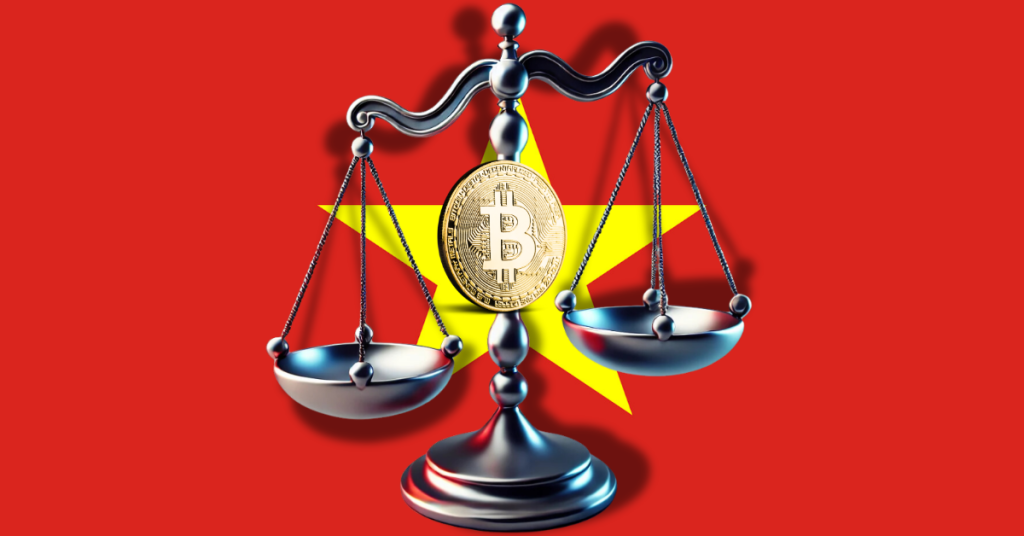Singapore to Jail Unlicensed Crypto Firms, Impose $200K Fine



The post Singapore to Jail Unlicensed Crypto Firms, Impose $200K Fine appeared first on Coinpedia Fintech News
The Monetary Authority of Singapore (MAS) has announced tough new rules for crypto companies offering overseas services. Under the latest guidelines, digital token service providers (DTSPs) must stop all overseas operations by June 30, 2025, unless they are officially licensed — or face a fine of up to $200,000 and jail time of up to 3 years.
Strict Compliance or Severe Penalties
Under the Financial Services and Markets Act (FSM Act 2022), any Singapore-based entity — including individuals, businesses, and partnerships — providing digital token (DT) services to overseas users must either:
-
Obtain
a Digital Token Service Provider (DTSP) license, or
-
Cease overseas operations immediately
Failing to comply with this new framework will result in severe penalties: Up to SHD 250,000 (USD 200,000) fine Up to 3 years of imprisonment
Key Takeaways From MAS Crypto Guidelines
-
No Grace Period
:
Existing service providers will not get any transition time or phased licensing. The deadline is final — June 30, 2025 .
-
License Exemptions
:
Entities already licensed under the Securities and Futures Act , Financial Advisors Act , or Payment Services Act are exempt from the new licensing requirement.
-
Strict AML/CFT Conditions
:
Only those companies with strong anti-money laundering (AML) and counter-financing of terrorism (CFT) measures in place will be eligible for the new DTSP license.
Why This Crackdown?
The MAS aims to eliminate regulatory arbitrage, where crypto firms use Singapore as a legal base while operating freely in foreign markets without proper oversight.
- Also Read :
- Singapore to Jail Unlicensed Crypto Firms, Impose $200K Fine
- ,
This move is part of Singapore’s broader plan to strengthen financial integrity, protect its global reputation, and prevent misuse of its crypto-friendly image.
No More Loopholes
Section 137 of the FSM Act states that any business incorporated in Singapore is legally considered to be operating from Singapore, even if its customers are overseas.
This means companies can no longer bypass foreign rules while being based in Singapore. The MAS directive closes all backdoors, ensuring complete regulatory clarity.
With no grace period, no phased transition, and tough penalties, Singapore is sending a strong message: crypto regulation must be respected — locally and globally.
Never Miss a Beat in the Crypto World!
Stay ahead with breaking news, expert analysis, and real-time updates on the latest trends in Bitcoin, altcoins, DeFi, NFTs, and more.
FAQs
The FSM Act 2022 is an omnibus law in Singapore that provides a sector-wide regulatory framework for financial services and markets, consolidating existing powers and introducing new provisions for areas like digital token service providers to enhance oversight.
DTSPs are individuals, partnerships, or Singapore corporations providing digital token services (like dealing, exchanging, transferring, or safeguarding digital payment tokens or tokenized capital markets products) from Singapore to customers outside Singapore.
MAS is cracking down to eliminate regulatory arbitrage, where firms use Singapore as a base to serve foreign markets without oversight. This strengthens financial integrity and protects Singapore’s reputation against misuse.

Anthony Pompliano’s ProCap BTC Acquires 3,724 Bitcoin Following a Strategic Merger With Columbus Circle
The post Anthony Pompliano’s ProCap BTC Acquires 3,724 Bitcoin Following a Strategic Merger With Col...

Chainlink Partners With Mastercard to Boost Crypto Adoption: What’s Next for LINK Price?
The post Chainlink Partners With Mastercard to Boost Crypto Adoption: What’s Next for LINK Price? ap...

XRP Price Jumps 12%, Analyst Dark Defender Flags Danger Zones
The post XRP Price Jumps 12%, Analyst Dark Defender Flags Danger Zones appeared first on Coinpedia F...

